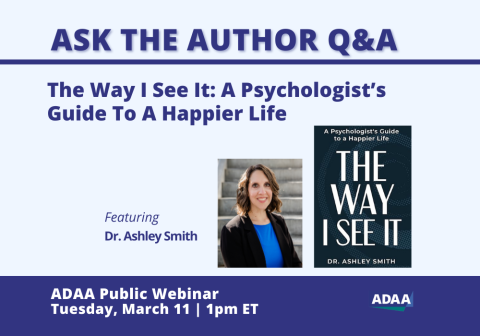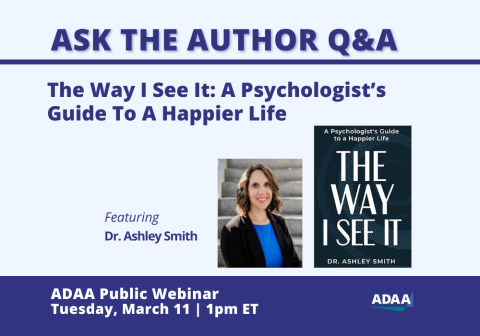Depression: An Outsider Looks Inward
Depression: An Outsider Looks Inward

My friend’s phone call left me stunned and shaken. She had just been released from the hospital, where she had been admitted for suicidal ideation. “Suicidal ideation” was an unfamiliar term to me, but I could easily figure what it meant. Carolyn had been grieving a loss, but I had no idea that she had become depressed and suicidal. For me, Carolyn, and her family, it was the beginning of a long journey in coming to understand depression and so many of the other conditions that ride at its side.
Over the next 10 years, Carolyn would take a variety of medications for her depression and anxiety while undergoing psychotherapy. Though it all helped, it was not enough to ward off the suicidal ideation, which progressed to suicide attempts. Finally, after her third attempt, she was persuaded to try electroconvulsive therapy, which banished the suicide attempts for many years. But she wasn’t “cured.” She wasn’t restored to the Carolyn I knew.
Along with her family and other friends, I saw what she was going through but felt helpless to intervene. I needed to learn more about this illness, this depression. Two years ago, I retired from the US Air Force and set myself the goal of understanding, and then explaining to others, what depression is and how it is treated. My efforts finally became a book about the science of depression.
It was a journey full of surprises to me, an outsider. For example:
- I did not realize the degree to which physical – somatic – symptoms are involved in depression, often in contradictory ways. Most people with depression either can’t sleep, or sleep too much. They can’t eat, or eat too much. Other aspects of the body are involved as well. Carolyn usually couldn’t sleep, couldn’t eat, and had a noticeably slowed speech pattern.
- Despite the prominent suicidality of Carolyn’s illness, suicide is not a regular progression of depression. The two have a different neurobiology. Different inheritance, and affect demographic groups differently. There is significant overlap though: about 60 percent of the people who die by suicide do so while in a major depressive episode, from unipolar or bipolar depression.
- It is startling the degree to which exposure to the natural world shapes the brain’s development through early life, and then continues to affect mental health throughout one’s existence. Early exposure to microbial organisms guides development of the immune system and stress reactivity. Diet, sleep, and exposure to daylight affect mental health in the present day.
- Though there is a great deal yet to be discovered about how the brain works in illness and in health, there have been remarkable advances, many in the last two decades. Physicians have a greater repertoire of treatment options now, founded in a better understanding of how depression works.
What I learned in this journey is empowering, for myself and for Carolyn. I am happy to say that today she is thriving. And yet I can never be completely comfortable; depression is a tenacious illness, and it can never be disregarded. I am increasingly confident, however, that it can be managed… that people like Carolyn can life a full and happy life.
















